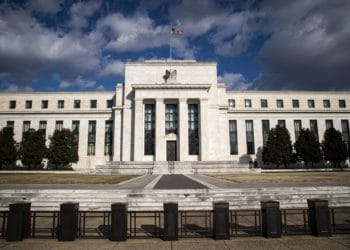Citizens, US Bank stock coffers for expected losses
Reading Time: 2 mins read
Citizens Bank and U.S. Bank are the latest financial institutions to set aside additional capital in anticipation of increased credit losses from the COVID-19 crisis. Citizens Bank announced today that it increased allowance for credit losses 66% year over year to $2.2 billion, which includes a $451 million increase recorded for the Jan. 1 adoption […]

Already subscribed? Log in
















